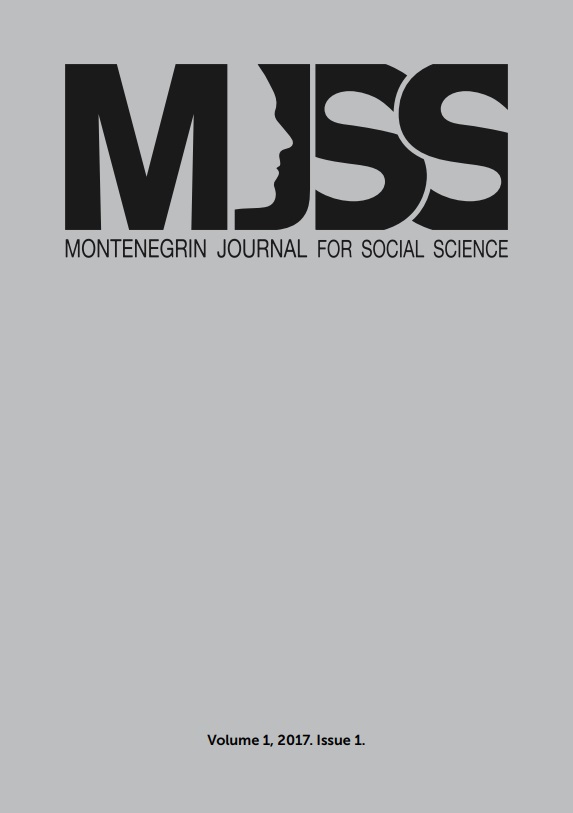Perception of the Montenegrin Student Population on NATO Membership
Perception of the Montenegrin Student Population on NATO Membership
Author(s): Adnan PrekićSubject(s): Civil Society, Security and defense, Military policy, Politics and society
Published by: Centar za Geopolitiku
Keywords: Montenegro; Young; Perception; NATO; Russia;
Summary/Abstract: At the beginning of June 2017 Montenegro has become a full member of the NATO alliance. This decision was preceded by a perennial debate about the pros and cons of such a decision that took place in the framework of the political structures, civil society, the academic community and other segments of the Montenegrin public. The public debate about the impact of the membership on the future of Montenegro took place between the two extremes in the public discourse. On one side, there was a substantiated and warranted debate between those who affirmed this decision and those who opposed it. However, to a large extent, this debate has remained in the shadow of the so-called negative campaign that was followed by a strong populist rhetoric, which has a tray in every way to challenge the arguments of the other side. This negative campaign, which presents itself on both sides, instead of using the arguments and facts, they try to gain the support by reviving the traditional historical narrative of state friends and enemies, traitors and patriots. Rather than using reasonable, logical and practical solutions, both sides in the debate played their cards on emotions and attachment of citizens that affiliate themselves to certain ideological or political programs. We estimated that it is very important to determine the effect of such campaigns on a portion of the student population in order to determine the perception of these categories of Montenegrin citizens. We analysed the perception and attitudes of young people through a questionnaire, which in the period from 1 to 15 May 2017, was filled in by 206 students of the University of Montenegro, mostly from the departments of Social Sciences. Of the total respondents, 19% of the students were from the Faculty of Law, 18% of the Political Sciences, 16% of the economy, 5% from the Faculty of Sciences, 14% from the Department of English, 13% of students of History, 9% Psychology and 6% of students from the Department of Teachers.
Journal: Montenegrin Journal for Social Sciences
- Issue Year: 1/2017
- Issue No: 1
- Page Range: 22-41
- Page Count: 20
- Language: English

